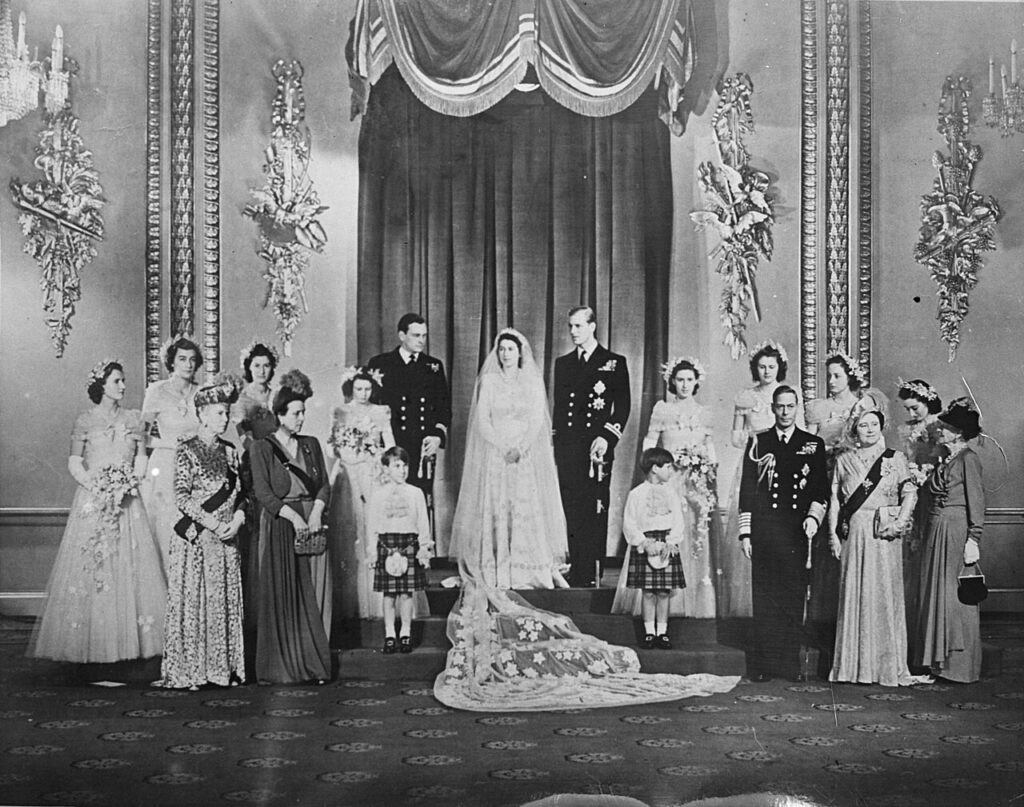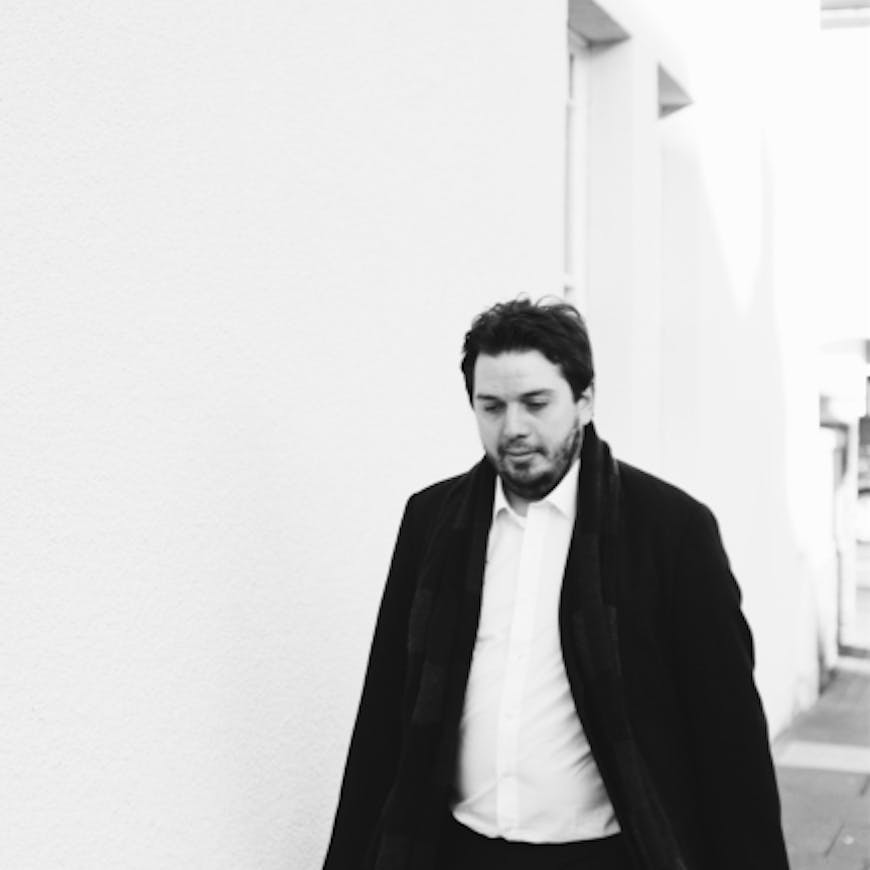by Alexander Larman
In the introduction to the third and final installment in my Windsors trilogy, Power and Glory, I write “It may, or may not, come as a surprise to my readers to learn that I am not a monarchist.” For many, such a statement may not seem an especially big deal, something akin to announcing that I don’t like milk in my coffee, or that I’m left handed. (For what it’s worth, I’m not, but I digress.) But in the sphere of royal biography, it is something of an admission, a coming-out of this particular mahogany closet, and one that I hesitated initially to include. There is a perception, especially in Britain, that royal biographers are—have to be, really—monarchists, because why else would you put yourself through the thousands of hours of writing about a family of such unimaginable wealth and privilege? What’s in it for you?

Well, I can tell you what’s in it for me, and that is the ability to write a book of untarnished fact. I am not saying that my fellow chroniclers of the Windsors have lied, exactly, or even omitted facts in an attempt to make their subject more palatable to as wide an audience as possible. But if you are writing about a subject with the underlying belief that their lives and actions were essentially a good thing because of the nature of their birth, you are partaking in unconscious bias on a grand scale. I will not name names (their books are available in every good bookstore, and some even share shelf space with my earlier titles) but they, and I, know who they are. Enough said.
So, why should you care about the writings of a man who’s just confessed to not liking his subject? It’s not that I don’t like the British royal family. In fact, I’m utterly fascinated by them. They are the milk in my tea, the honey on my toast, the tonic in my gin. There hasn’t been a day in the past six years, since I began the long, endlessly rewarding journey that began when I first started The Crown in Crisis, that I haven’t thought about what it must be like to be a member of ‘the Firm.’ How does it feel to have unimaginable privilege and wealth, and yet be unable to do anything of your own accord spontaneously? Is it utterly compromising to have every word you ever say in a public speech written by someone else? And what are the skeletons in the closet that nobody has dared allude to until now?
I can only speculate as to the first and second of these answers, but the letters, diaries, and archival material that I have unearthed throughout my research for the trilogy give you a good idea as to the thoughts and feelings of everyone from George VI and his wife Queen Elizabeth to the former Edward VIII, then the Duke of Windsor, and his own spouse Wallis Simpson. And in Power and Glory, for the first time in the trilogy, my true heroine, Elizabeth II, is allowed to take center stage. I was weary of writing about people I did not admire or had reservations about, but I also did not want to whitewash someone who is, after all, a human being, with all their flaws and faults that suggests. Yet she is an unvarnished figure, a woman of principle and honor who took over a diminished, sickly institution and remade it in her own image. The reason why the monarchy survives today is because of her.
Which is not to say I didn’t have an inordinate amount of fun completing the trilogy. Yes, of course, the Duke of Windsor behaves appallingly—and in chapter sixteen, we finally plumb the depths of his moral vacuousness, with the never-before-seen revelation of an undelivered speech that would have caused consternation had he been allowed to make it. And yes, we are in a grim and grey time in Britain, of rationing and of Attlee’s Labour government, of caution and repair and freezing conditions. Yet there is also joy to be found. In the union of Elizabeth and Philip, a genuine royal love story that is all the more affecting (and amusing) the more you delve into it; in the coming-of-age of the princess-turned-queen, who finds her mettle in adversity, every bit as her father did; and, most importantly, the relationship between father and daughter, the emotional heart of the book, and, dare I say it, the entire trilogy. I have dedicated the book to my own eight-year-old daughter Rose, and I make no bones about the personal investment that I have placed in telling this particular story; there were several times, as I came to the end of chapters, that I was weeping so copiously that I found it difficult to type.
Power and Glory completes my royal trilogy, so it is appropriate that it depicts the end of an era, in all its drama and majesty. I hope that readers of my earlier books will enjoy meeting old friends once again, for the last time—although who knows about future titles dealing with the reign of Elizabeth II—but also I hope that people who have not yet had a chance to read The Crown in Crisis and The Windsors at War will enjoy the book on its own merits as a standalone title, full of drama and intrigue and pathos. I may not be a monarchist, but I have loved every moment of exploring this real-life game of thrones, which makes The Crown look positively tame. I can only hope that you will take this last step of the journey with me, and will be delighted and surprised by the revelations that lie in store.

Alexander Larman is a historian and journalist. He is the author of Blazing Star (2014), the life of Lord Rochester, and writes for the Observer, the Telegraph and the Guardian, as well as the New Statesman and the Times Literary Supplement.
